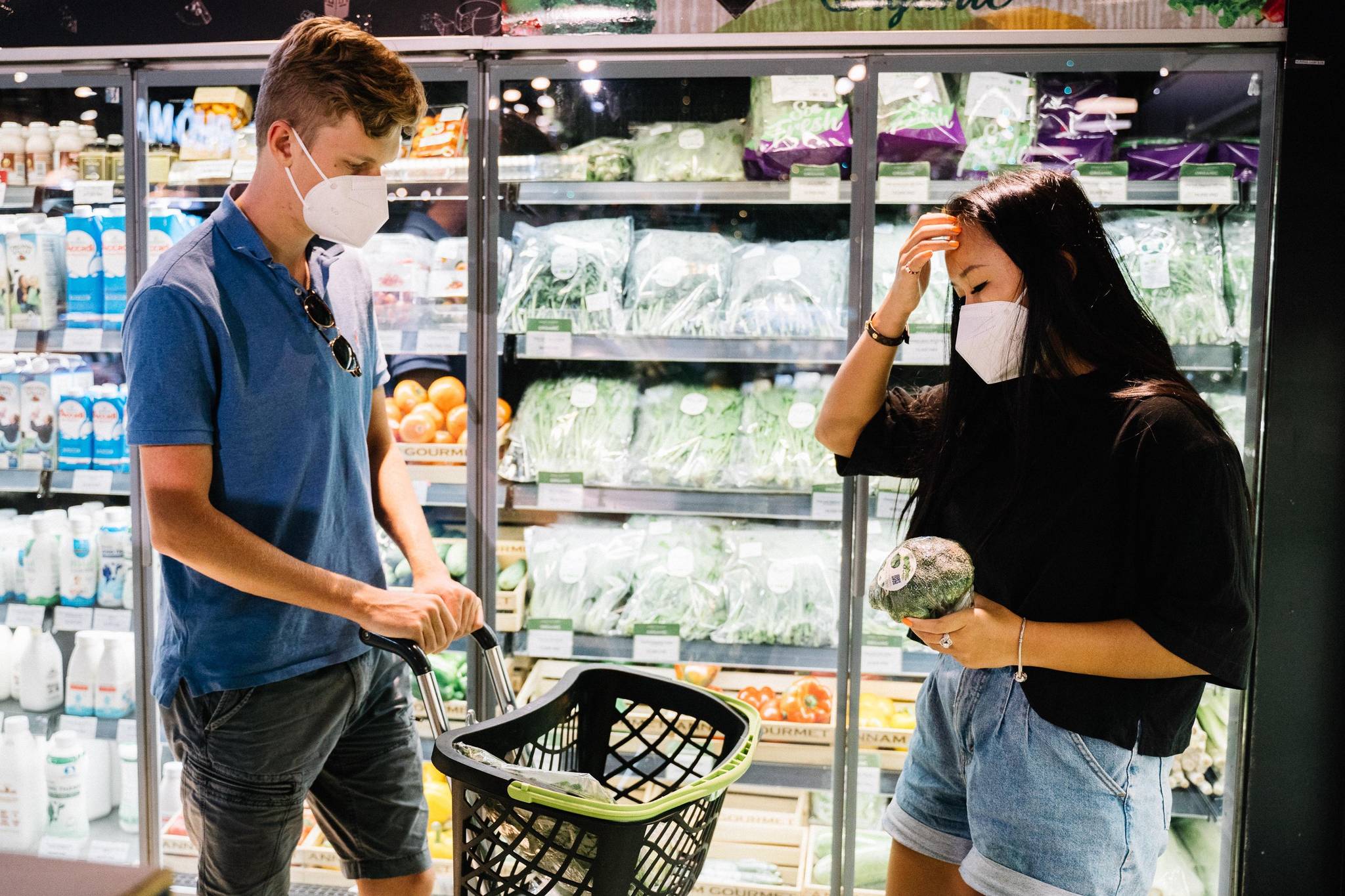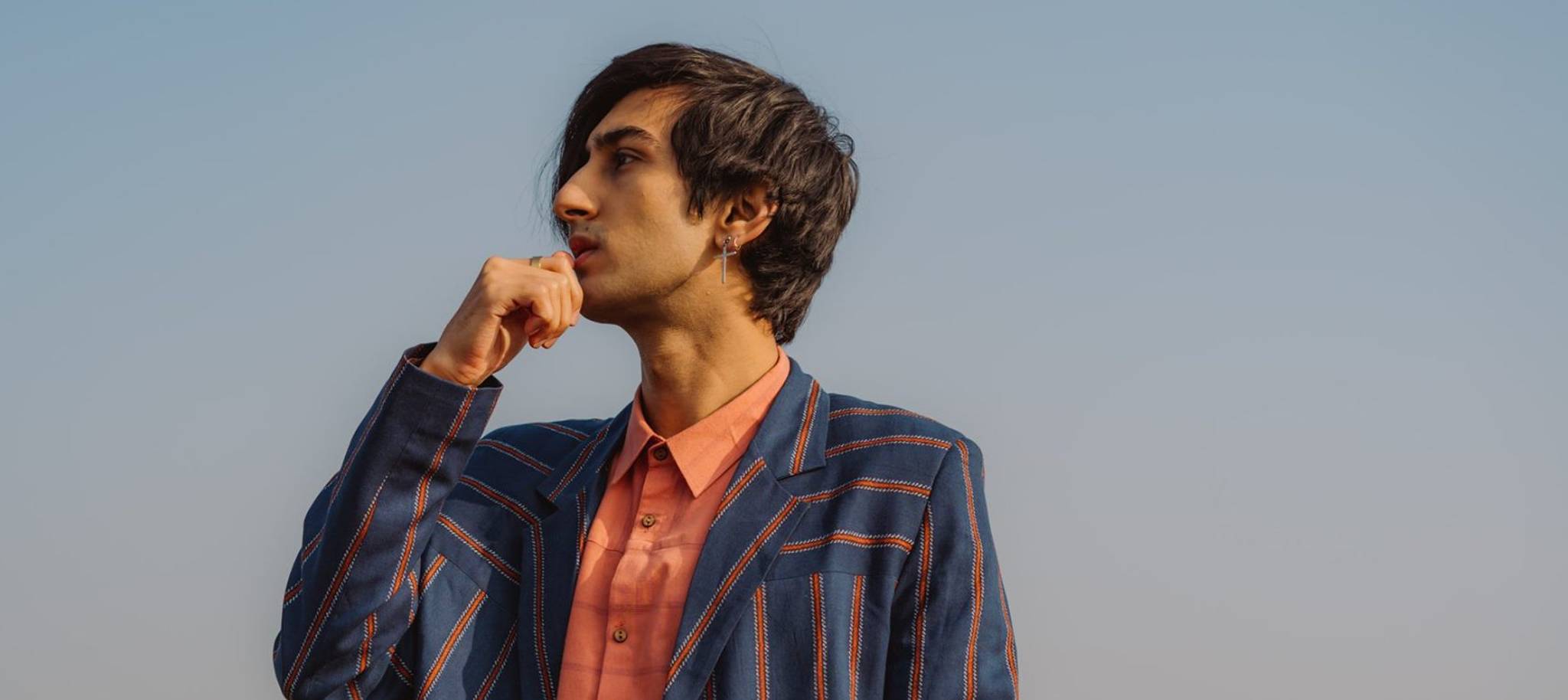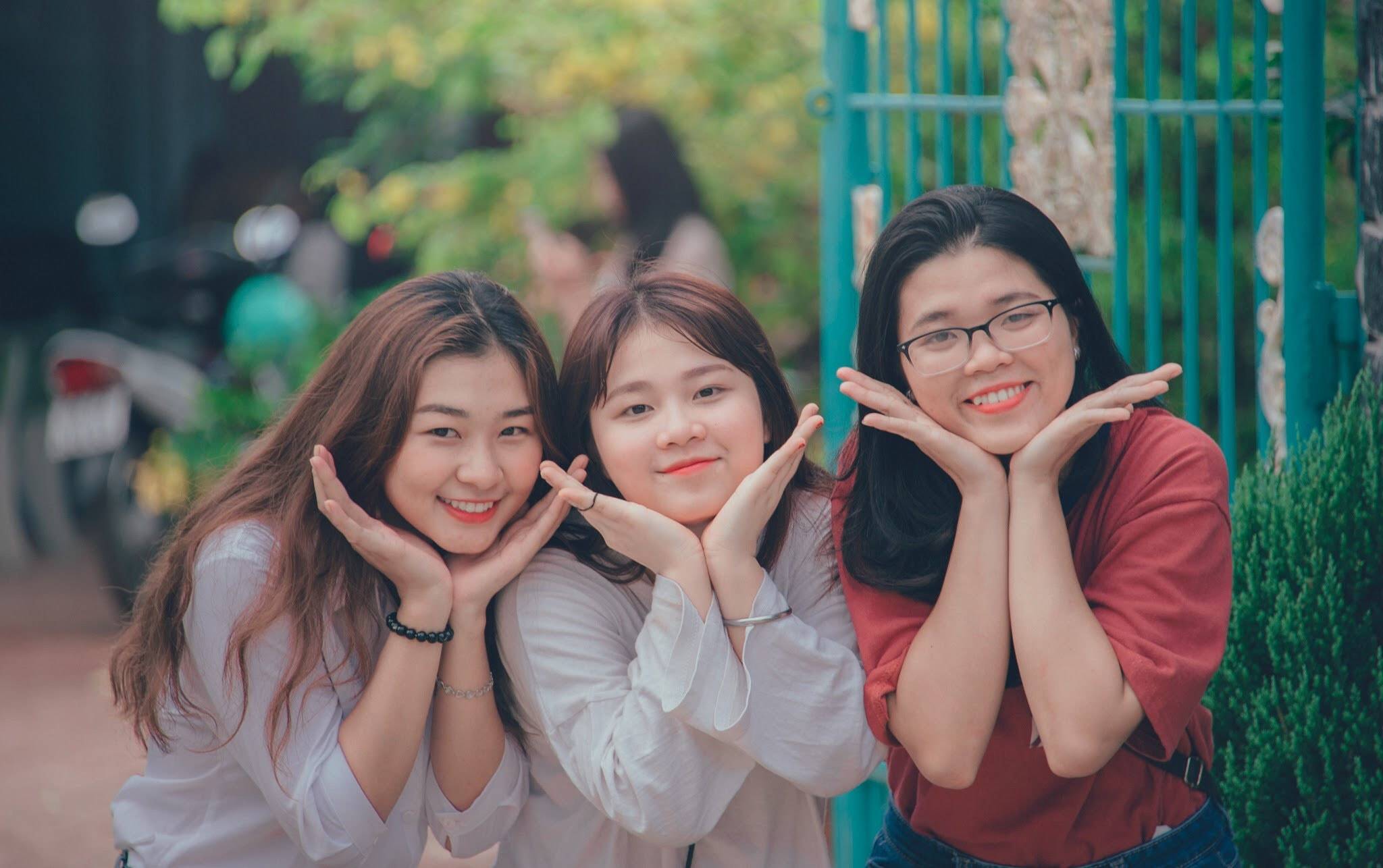
With people experiencing a range of global crises – from climate concerns and inflation to the pandemic and war in Ukraine – uncertainty remains rife. From exploring how people are reevaluating their budgets to Gen Zers becoming more financially savvy and people craving spaces where they can switch off, here are the top 10 insights that got us talking in April.
People are reevaluating their budgets – inflation has undermined post-pandemic ‘revenge’ pleasure and leisure, with people now choosing to spend less on eating out, apparel, and travel. As brands and consumers continue to be impacted by inflation, businesses can help spotlight their discounted and cheaper offerings to help consumers navigate this tricky period.
Gen Zers are becoming financially savvy – risk-averse younger generations are seeking new ways to save, and financial planning is a big part of young people's lives in a post-pandemic landscape. By taking a modern approach to the changing spending habits of Gen Zers – such as offering cash prizes for spending and referrals – brands can capture younger people early on and retain their consumer spending power for longer.
Fashion enthusiasts want a new digital ecosystem – the digital fashion market is experiencing exponential growth, with this decentralised approach to fostering human connection allowing people to engage with tech in different ways. Canvas8 spoke to fashion digital strategist Karinna Grant from The Dematerialised about how brands can build alternative ways to experience, create, and consume fashion.
Britons are rethinking their supermarket shop – with inflation at its highest rate in 30 years, UK consumers are seeing food costs, petrol, energy bills, tax, and mortgage payments skyrocket. Brands are helping ease these financial woes by turning to direct-to-consumer and subscription models when food shopping, helping consumers maintain control amid economic uncertainty.
People want tech and nature to coexist peacefully – when people are presented with unfamiliarity and uncertainty, many turn to nature for wellbeing support. Canvas8 spoke to digital pioneer, academic, and author Sue Thomas about how brands can use technology to balance the human affinity for all things digital with the great outdoors.
TV audiences seek intersectional portrayals – as shows like Top Boy see international success due to its realistic and credible portrayal of Black life in London, people are looking for nuanced content that features marginalised communities. By providing relatable depictions of locals across the globe, brands can induce a sense of pride and belonging among viewers.
Gen Yers and Zers are changing workplace power dynamics – younger cohorts are changing the employee-employer relationship internationally, with nearly half of Gen Yers and Zers saying they’d prefer to be unemployed than working a job they dislike. As the ‘great resignation’ continues, brands can make a difference by valuing employee morale and delivering a healthy work-life balance, flexible working hours, and inclusive work environments.
Commuters want seamless green transport options – as the pandemic and climate concerns cause people to reevaluate their travel habits, brands are tapping into sustainable standards and eco-conscious travel options in a move to remodel urban city life – making it more environmentally friendly.
Moderation mindsets drive low-alcohol intake – as alcoholic beverages are no longer the main drink of choice for many Gen Zers, no- and low-alcohol bars are broadening drinking horizons by catering to these new mindsets. Brands can tap into this shifting behaviour, and refresh and reinvigorate a variety of drinking options to ensure everyone feels catered to.
People are craving spaces where they can switch off – ‘stresslaxation’ is a phenomenon where people feel agitated when trying to wind down and relax, a paradox that can actually lead to more stress due to the feeling of constantly being ‘on’. Brands can support people through this by encouraging them to switch off and unwind and create distraction-free environments where such experiences can take place.



